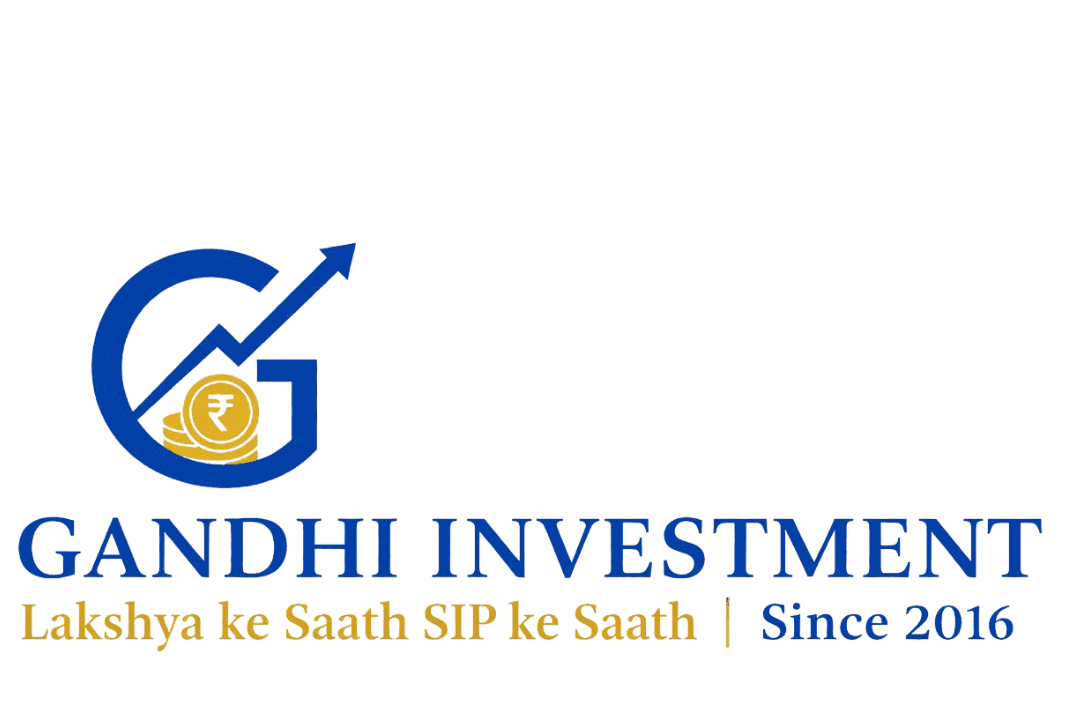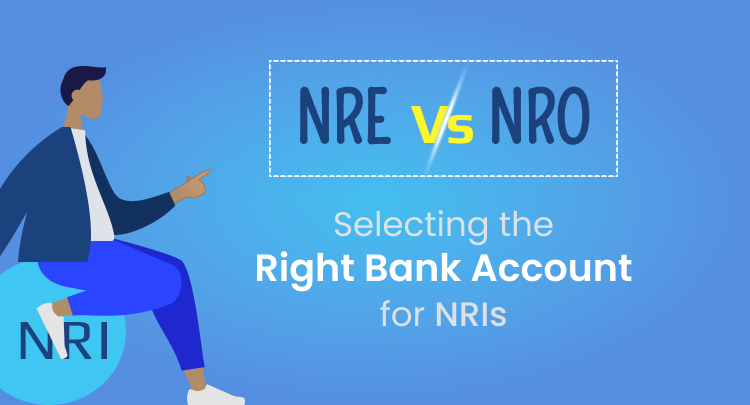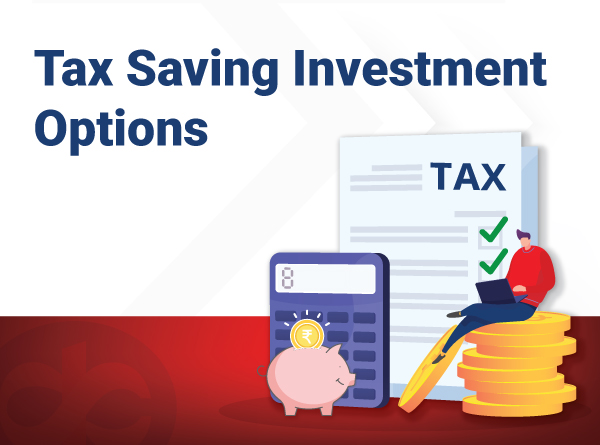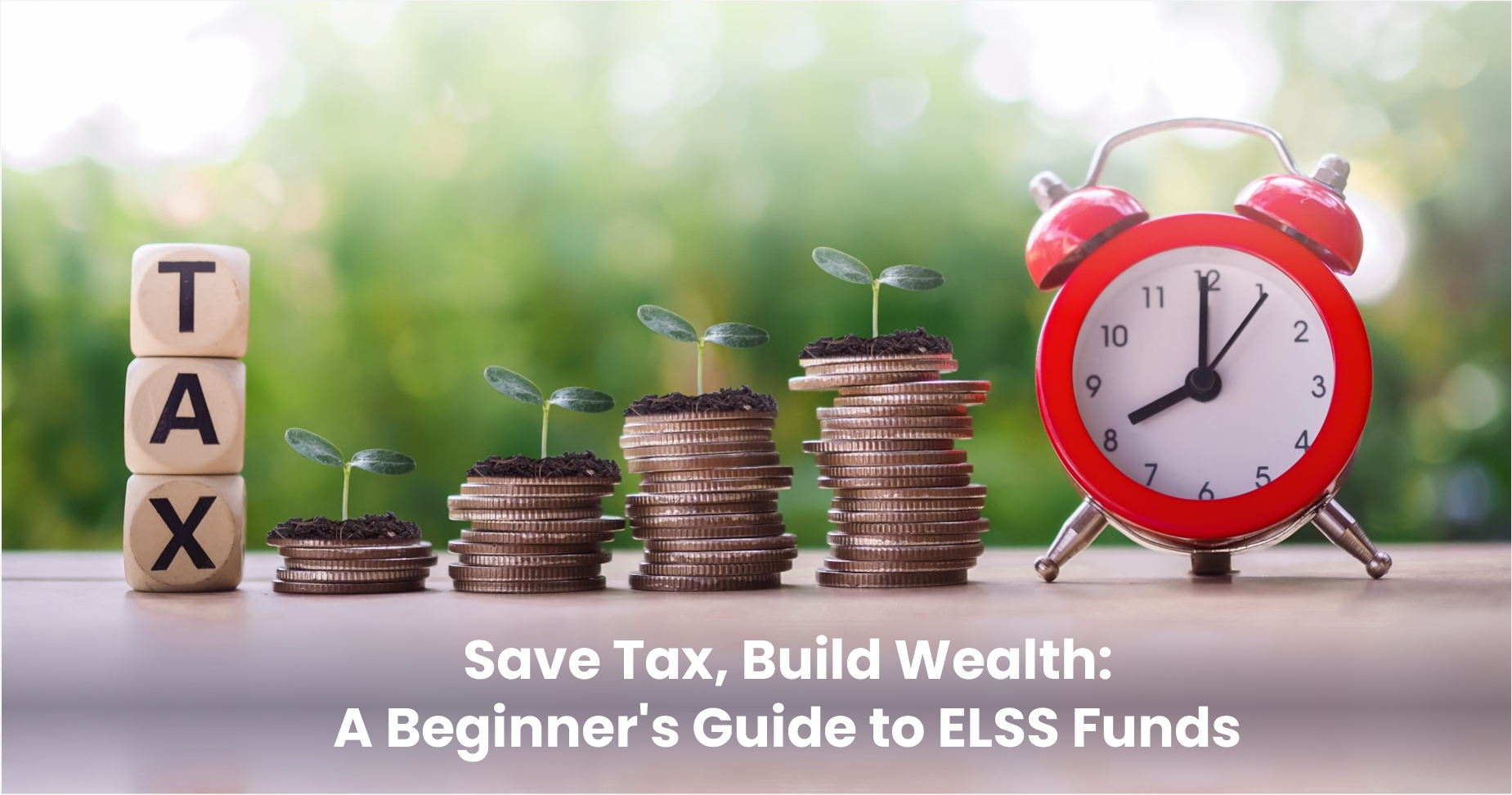Category
Tax Saving
**Introduction:** In India, managing taxes is an essential aspect of personal finance. The Indian tax system offers several avenues for taxpayers to reduce their taxable income through various tax-saving products. Understanding these options can help you optimize your tax savings while achieving your financial goals. This blog will explore some of the most effective tax-saving products available in India.
**1. Equity-Linked Savings Scheme (ELSS):**
* **What is ELSS?:** ELSS is a type of mutual fund that invests primarily in equities. It offers tax benefits under Section 80C of the Income Tax Act.
* **Tax Benefits:** Investments up to ₹1.5 lakh per annum are eligible for deduction. ELSS has a lock-in period of 3 years, the shortest among tax-saving instruments under Section 80C.
* **Returns:** Historically, ELSS has offered higher returns compared to other tax-saving products due to its equity exposure.
* **Considerations:** Market-linked returns mean they can be volatile, so they are suitable for investors with a higher risk tolerance.
**2. Public Provident Fund (PPF):**
* **What is PPF?:** PPF is a government-backed savings scheme with a fixed interest rate.
* **Tax Benefits:** Contributions up to ₹1.5 lakh per annum are eligible for deduction under Section 80C. Interest earned and maturity proceeds are also tax-free.
* **Returns:** PPF offers a guaranteed return, which is relatively stable compared to market-linked products.
* **Considerations:** PPF has a lock-in period of 15 years, which can be extended in blocks of 5 years.
**3. National Pension System (NPS):**
* **What is NPS?:** NPS is a pension scheme launched by the Government of India to encourage retirement savings.
* **Tax Benefits:** Contributions up to ₹1.5 lakh per annum are eligible for deduction under Section 80C. An additional ₹50,000 can be claimed under Section 80CCD(1B) for NPS contributions.
* **Returns:** NPS offers a mix of equity, corporate bonds, and government securities, providing potentially higher returns compared to traditional pension schemes.
* **Considerations:** Partial withdrawals are allowed under specific conditions, and the maturity amount is partly taxable.
**4. Fixed Deposits (FD) with Tax Benefits:**
**What are Tax-Saving FDs?:** These are fixed deposits with a 5-year lock-in period eligible for tax benefits under Section 80C.
* **Tax Benefits:** Investments up to ₹1.5 lakh per annum are eligible for deduction. Interest earned is taxable.
* **Returns:** FD offers fixed returns and is less risky compared to equities or mutual funds.
* **Considerations:** Returns are lower compared to equity-linked products, and interest earned is taxable.
**5. Tax-Saving Fixed Deposits:**
* **What are Tax-Saving FDs?:** These are specific fixed deposits with a lock-in period of 5 years, eligible for tax deduction under Section 80C.
* **Tax Benefits:** Investment up to ₹1.5 lakh per annum can be claimed for deduction. The interest earned is taxable.
* **Returns:** FD offers guaranteed returns but typically lower compared to market-linked investments.
* **Considerations:** FDs have a 5-year lock-in period, and premature withdrawal is not allowed.
**6. Sukanya Samriddhi Yojana (SSY):**
* **What is SSY?:** A government-backed savings scheme aimed at the welfare of the girl child.
* **Tax Benefits:** Contributions up to ₹1.5 lakh per annum are eligible for deduction under Section 80C. Interest earned and maturity proceeds are tax-free.
* **Returns:** SSY offers competitive interest rates that are higher than PPF.
* **Considerations:** The account can be opened only in the name of a girl child below 10 years, and it has a 21-year lock-in period.
**7. Life Insurance Premiums:**
* **What are Life Insurance Premiums?: **Premiums paid for life insurance policies are eligible for tax deduction.
* **Tax Benefits:** Premiums paid for policies up to ₹1.5 lakh per annum are deductible under Section 80C. The maturity proceeds are also tax-free if the premium does not exceed 10% of the sum assured.
* **Returns:** Returns vary depending on the type of policy.
* **Considerations:** It’s important to choose policies that offer a balance between coverage and returns.
* **Conclusion:** Selecting the right tax-saving product depends on your financial goals, risk tolerance, and investment horizon. Diversifying your investments across different tax-saving instruments can help you achieve both tax savings and financial growth. Always consider consulting a financial advisor to tailor a strategy that best fits your needs.
**Call to Action:** Stay informed about the latest updates in tax laws and investment options. Subscribe to our blog for more insights and tips on managing your finances effectively.
Read More →
Category
Tax Saving
In the realm of investment opportunities, Equity Linked Savings Schemes (ELSS) mutual funds stand out as a powerful tool for tax savings and wealth accumulation. Whether you’re a seasoned investor or just starting your investment journey, understanding ELSS mutual funds can help you make informed decisions. This blog post delves into what ELSS mutual funds are, their benefits, and why they might be a valuable addition to your investment portfolio.
**What Are ELSS Mutual Funds?**
Equity Linked Savings Schemes (ELSS) are a type of mutual fund in India that primarily invests in equities or equity-related instruments. They are designed to offer tax benefits under Section 80C of the Income Tax Act, making them an attractive option for investors looking to reduce their taxable income while aiming for potential high returns.
**Key Features of ELSS Mutual Funds**
**Tax Benefits:** Investments in ELSS are eligible for tax deductions of up to ₹1.5 lakh per financial year under Section 80C. This can significantly reduce your taxable income, offering immediate tax relief.
**Equity Exposure:** ELSS funds invest predominantly in stocks and equity-related securities. This equity exposure provides the potential for higher returns compared to traditional fixed-income investments.
**Lock-in Period:** ELSS investments come with a mandatory lock-in period of 3 years from the date of investment. This ensures that the funds are invested for a substantial duration, aligning with long-term wealth creation goals.
**Diverse Portfolio:** ELSS funds are managed by professional fund managers who create a diversified portfolio of stocks. This diversification helps mitigate risk and enhances the potential for returns.
**Systematic Investment Plans (SIPs):** Investors can invest in ELSS funds through SIPs, which allow for regular, disciplined investments and benefit from rupee cost averaging. SIPs also make it easier to invest small amounts regularly rather than a lump sum.
**Benefits of Investing in ELSS Mutual Funds**
**Tax Savings and Wealth Creation:** ELSS mutual funds offer the dual benefit of tax savings and potential wealth creation. While you benefit from tax deductions, you also have the opportunity to grow your wealth through equity investments.
**High Return Potential:** Historically, equity investments have provided higher returns compared to other investment avenues. By investing in ELSS, you tap into the potential of equity markets, which can lead to substantial capital appreciation over time.
**Liquidity After Lock-in Period:** Although ELSS funds have a lock-in period of 3 years, once this period is over, you can redeem your investments. This offers liquidity and flexibility for long-term financial planning.
**Diversification and Professional Management:** ELSS funds invest in a diverse range of stocks, which helps spread risk. Professional fund managers with expertise in equity markets manage these funds, providing an added layer of strategic investment planning.
**Flexible Investment Options:** With ELSS, you have the flexibility to choose between lump-sum investments or systematic investment plans (SIPs). This allows you to align your investments with your financial goals and preferences.
**Things to Consider Before Investing in ELSS Mutual Funds**
**Risk Appetite:** ELSS funds are equity-oriented and can be volatile. Assess your risk tolerance and investment horizon before investing, as these factors will influence the suitability of ELSS funds for your portfolio.
**Investment Horizon:** Given the 3-year lock-in period, ELSS funds are more suitable for investors with a medium to long-term investment horizon. Ensure that your financial goals align with the lock-in period of these funds.
**Fund Performance:** Evaluate the historical performance of ELSS funds and the reputation of the fund house before investing. Consider factors such as fund returns, risk-adjusted performance, and the fund manager’s track record.
**Tax Implications:** While ELSS funds offer tax benefits, be aware of the tax implications on withdrawals. Long-term capital gains (LTCG) over ₹1 lakh in a financial year are subject to tax at 10% without indexation benefits.
**Diversification:** While ELSS funds provide equity exposure, ensure that your overall investment portfolio is well-diversified across different asset classes to manage risk effectively.
**How to Invest in ELSS Mutual Funds**
**Choose a Fund:** Research and select an ELSS fund that aligns with your investment goals, risk appetite, and financial needs.
**Complete KYC:** Ensure that your Know Your Customer (KYC) process is completed. This involves providing identification documents and verifying your identity with the fund house or through online platforms.
**Decide Investment Mode:** Choose between a lump-sum investment or a SIP based on your financial situation and preferences.
**Submit Application:** Fill out the application form, choose the investment amount, and submit it along with necessary documents.
**Track Performance:** Monitor the performance of your ELSS investment regularly and review it in the context of your overall financial goals.
**Conclusion**
ELSS mutual funds offer a compelling blend of tax benefits and potential high returns, making them a valuable investment option for those looking to grow their wealth while enjoying tax relief. By understanding the features, benefits, and considerations associated with ELSS funds, you can make informed investment decisions that align with your long-term financial goals.
For more insights into investment strategies and financial planning, stay tuned to our blog. We’re here to help you navigate the world of investments and make the most of your financial journey.
Read More →







